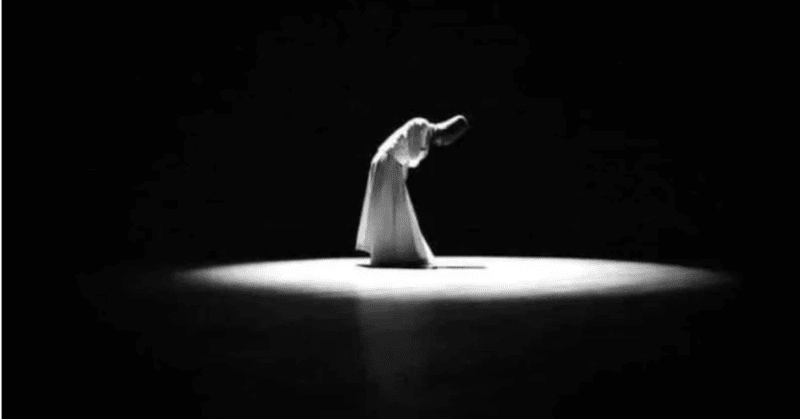
To the 'Space' of God
仏教でいうところの「空」とクルラーンで表すところの「スペース」が類似しているというようなことを書いたら、エジプト人の友人が興味を持ってくれて読んでみたいと言ったので英訳してみた。原文とは少しだけ違っているけれど、英語圏の人たちともシェアできれば嬉しい。
Egypt, where I have stayed for awhile, is an Islamic country where 90% of the population is Muslim, and Christians and Jews co-live.
The word "En Sha Allah" is used daily in Islamic society, which translates to "as God wills." This means that you do what you have to do and follow God's will, in other words, "do what is right and wait for God's will" , commonly used as a proverb in Japan.
We, humans are weak. We make mistakes and sometimes become arrogant or ego-centric. Nevertheless, if we look into our hearts and devote ourselves, and if we live according to the teachings of Islam, which I would like to write about in detail someday, we are promised that we will go to heaven even after death.
The difference from the Christian heaven is that the Qur'an, the Islamic scripture, was uttered through the mouth of Mohammed, the messenger of God. The Bible was written by his disciples after Christ, not by Jesus Christ.
Various scholars have proven that Mohammed was illiterate (a person who cannot write or read), yet the many words that flowed from his mouth were not thought up by a human being. For example, they were about the solar system of the universe, the human body on a quantum level, and about the ecology of the animal kingdom, which was not yet known at the time. These were written down by those around them and compiled into the Qur'an.
The Qur'an contains various references to the afterlife. The most prominent of these is the Day of Judgment.
ALL will be judged on this day.
The description of this "Last Judgment Day" in the Qur'an is anything but frightening. It is a detailed and repetitive description of how all human beings will be judged according to their deeds. Heaven is described in the Qur'an as an eternal place, "space" (الغرفة).
This somehow reminds me of Nagarjuna's philosophy of "emptiness.(Kuu)
I have always felt that there are similarities or overlapping truths between Buddhist and Islamic teachings, and I strongly felt the same here.
Incidentally, it is said that no matter how evil a person is, if he or she converts from the bottom of his or her heart during his or her lifetime, his or her sins will be forgiven.
The following is a quotation from the "Qur'an" and its translation into English by various people.

By being converted with a heart of pure repentance, the deed is forgiven.
It is believed that human beings have a conscience given to them at birth, and that if they do something that does not conform to the truth of their conscience, their hearts will tingle somewhere.
This idea is similar to the theory of Mencius.
I feel that the sacredness of the Qur'an is lost when I read the translated version, whether in English or Japanese. Even so, my Arabic language skills do not allow me to understand it very deeply.
Still, when I hear the azan, the call to prayer, the depths of Islam flow through my body like an electric shock.
I invite you to listen to it below.
「金の砂漠」BGM No.1|Satoko@スクーンカップ|note
In the 121st sutra of the Small Emptiness Sutra, Madgma Nikaya, we read, "Once, O Arnanda, I was, and still am, dwelling much in the abode of emptiness."
The abode of emptiness refers to the state of stillness, where diverse thoughts, words, and opinions perish. From there, there are no opinions that can be the source of quarrels, and no thoughts or words can cause suffering.
This seems to be the true nature of emptiness, 戯論寂滅の境地.
If I could live anywhere, I would like to live in this deep, pious, light-filled, hidden, pearl-like, and wider than the universe, the "SPACE" world.
日本語はこちらから

サポートは株式会社スクーンジャパンおよび米国スクーン社が乳がんのNPO団体(LBBC)に寄付する資金に利用させていただきます。
